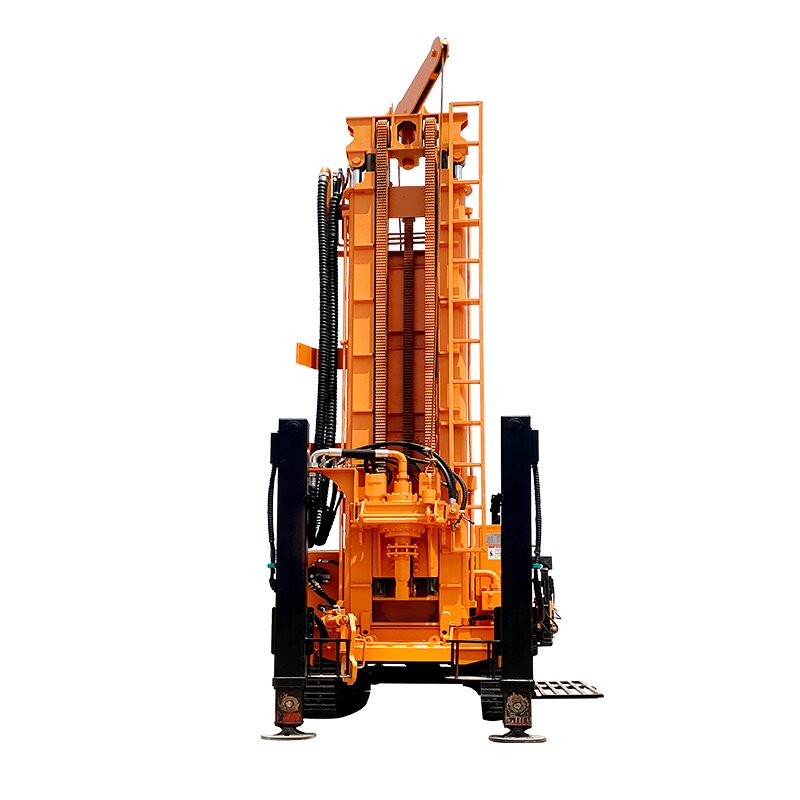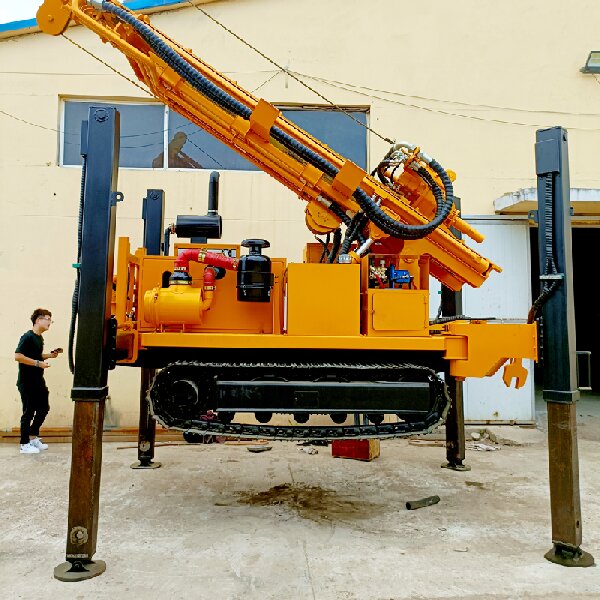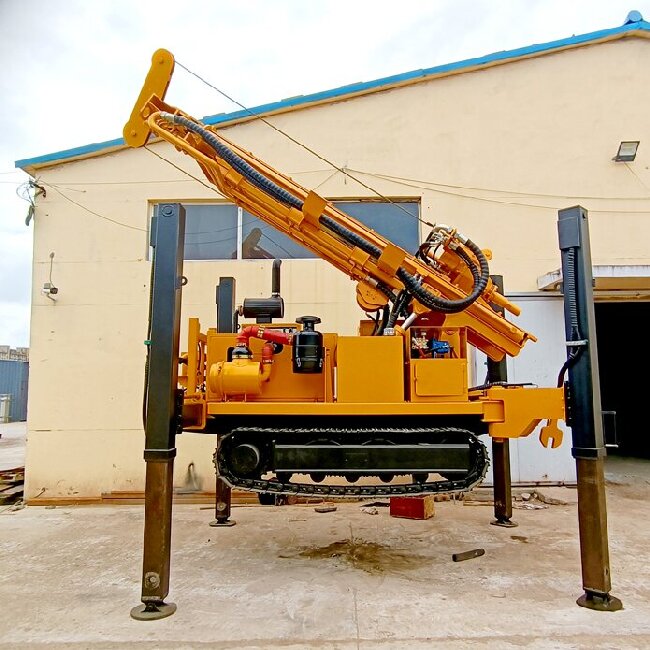How Do Water Well Drilling Rigs Work in Low Temperatures in 2025
By 2025, operating a water well Drilling Rig in severe cold is no longer an impossible challenge. It's a routine task thanks to careful preparation and technological advancements. With global climate change and the growing need for water in extreme regions like the Arctic and high mountains, 2025's water well drilling rigs use a range of innovative technologies and smart systems to ensure they can work efficiently and safely even in icy, snowy conditions.

1. Smart Fluid Heating and Circulation Systems
Keeping drilling fluid (mud) from freezing is key to cold-weather drilling. Traditionally, you'd add a lot of antifreeze, but that hurts the mud's performance. By 2025, rigs have smart heating and circulation systems. These systems use sensors to constantly monitor the mud's temperature, and they have built-in electric heaters or heat exchangers in the Mud Pumps and tanks. This makes sure the mud stays at its ideal temperature as it circulates downhole and on the surface, preventing it from freezing while maintaining its ability to carry cuttings and lubricate.
2. Self-Heating and Insulating Materials
Key rig components like the hydraulic fluid tank, engine, transmission, and control unit all use self-heating technology. Their surfaces are wrapped in insulating layers made from polymer memory alloys or nanocomposite materials. When the temperature drops below a set point, these materials automatically start heating, providing a stable operating temperature for the equipment and preventing the lubricating oil from thickening or components from becoming brittle due to the cold.

3. Special Cold-Weather Drilling Tools and Materials
In 2025, the materials used for downhole tools like drill pipes and drill bits have also been upgraded. They're now made from high-strength, low-temperature resistant alloy steel. This material stays tough even in extremely low temperatures, effectively preventing stuck-drill situations or equipment failure caused by cold-induced brittleness. Drill bit blades are also specially treated to handle the challenges of drilling through frozen ground and ice.
 Conclusion:
Conclusion:
By 2025, cold-weather drilling has become a systematic process. It no longer relies on simple antifreeze measures but instead uses a comprehensive set of cutting-edge technologies like smart fluid heating, self-heating materials, and automated remote controls to achieve efficient and safe operations in extremely cold conditions.
Contact us
Click the link contact us to learn more about our products and deals!


